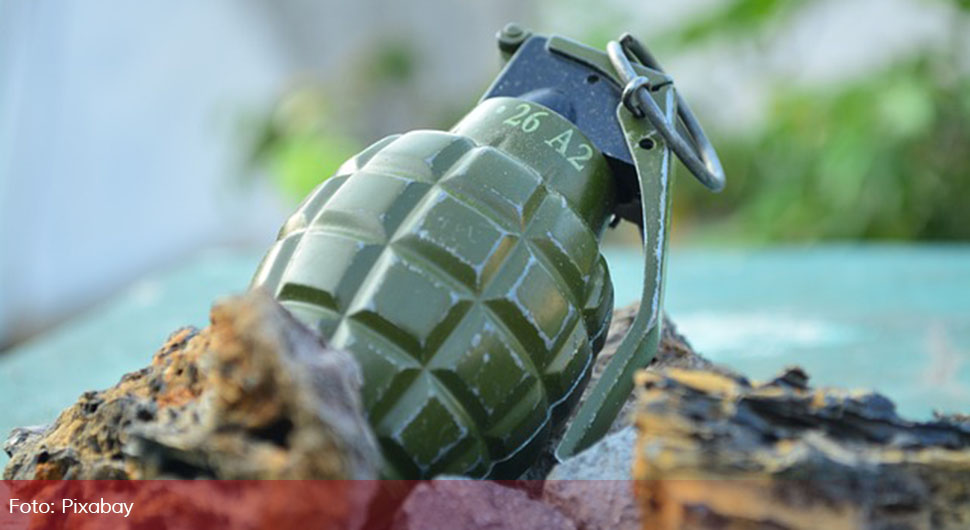The Bosnian War (1992–1995) was one of the most complex conflicts in modern European history, involving various local and international military and paramilitary formations. During the war, radical Islamist groups, including members of terrorist organizations, were also present in Bosnia and Herzegovina.
The Presence of Islamic Fighters (Mujahideen) in Bosnia
As early as 1992, foreign fighters from Islamic countries—known as Mujahideen—began arriving in Bosnia and Herzegovina. These groups received support from certain Middle Eastern states and organizations with radical agendas. The Mujahideen operated within units such as El Mudžahid, which was affiliated with the Army of the Republic of Bosnia and Herzegovina (ARBiH).
Hamas and Other Islamist Organizations
Although Hamas has primarily focused on the conflict with Israel, there are indications that individuals and organizations linked to Hamas provided support to Bosnian Muslims during the war. However, Hamas was not a key actor on the ground in Bosnia—far more significant roles were played by other Islamist groups and organizations connected to Al-Qaeda and radical Islamic movements.
The Al-Qaeda network, led by Osama bin Laden, had clear links to certain elements in Bosnia. Some Mujahideen who fought in Bosnia later became part of global terrorist networks. Some sources suggest that Bin Laden even held a Bosnian passport and that certain organizations in Bosnia provided logistical support for his operations.
In addition to Al-Qaeda, groups such as GIA (Armed Islamic Group) from Algeria and various factions of the Muslim Brotherhood were also active in Bosnia during the war. These groups often operated through humanitarian organizations that served as fronts for their activities.
Impact and Consequences
The presence of Islamic fighters in the Bosnian War had long-term consequences. After the war, some former Mujahideen remained in the country, and certain Islamist networks continued to operate, albeit on a much smaller scale than during the conflict. Following the September 11, 2001 attacks, authorities in Bosnia, under international pressure, began deporting individuals linked to terrorist organizations.
Today, the legacy of that period remains a subject of international research and discussion, while authorities in Bosnia and Herzegovina continue efforts to prevent new forms of radicalization and extremism.


















